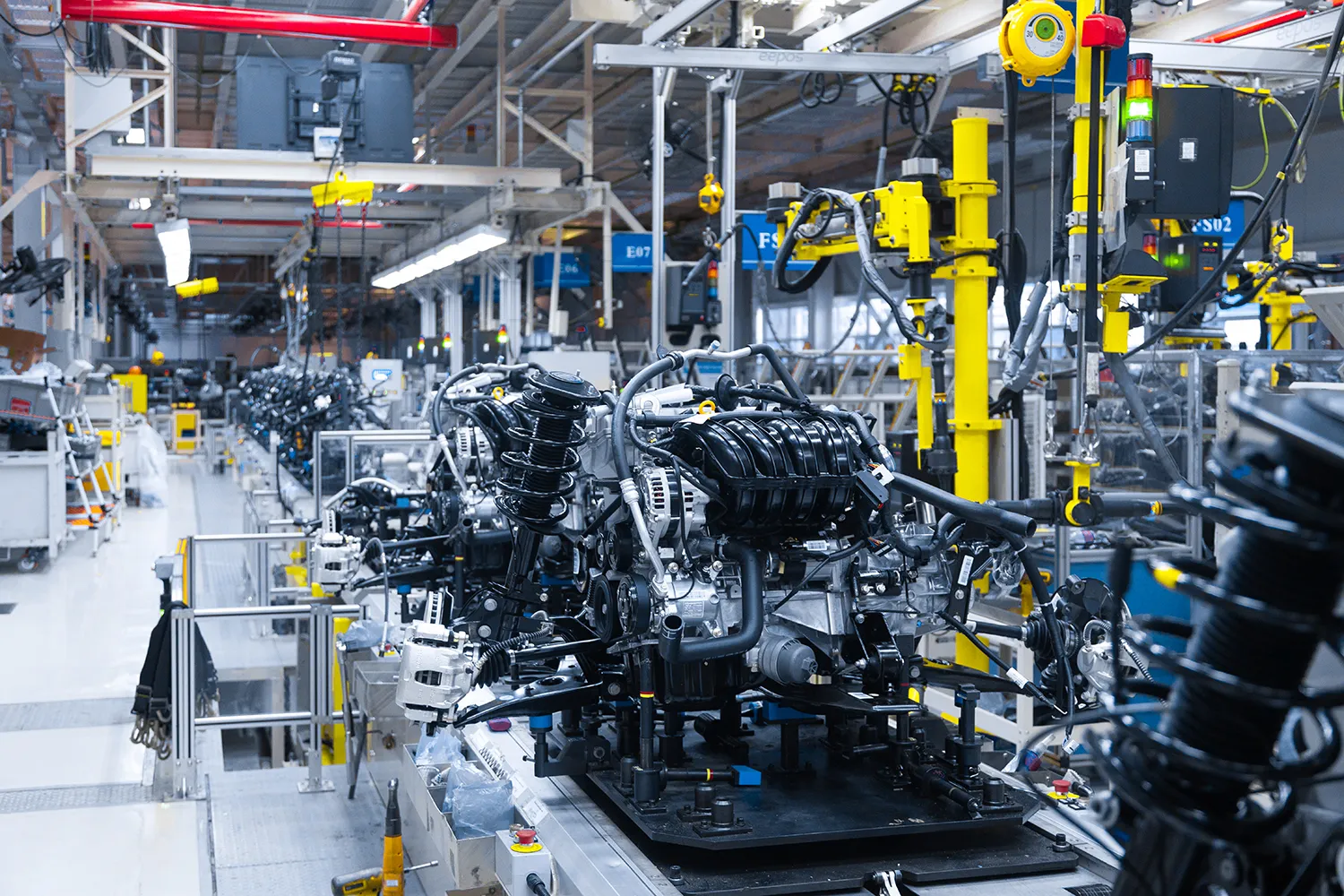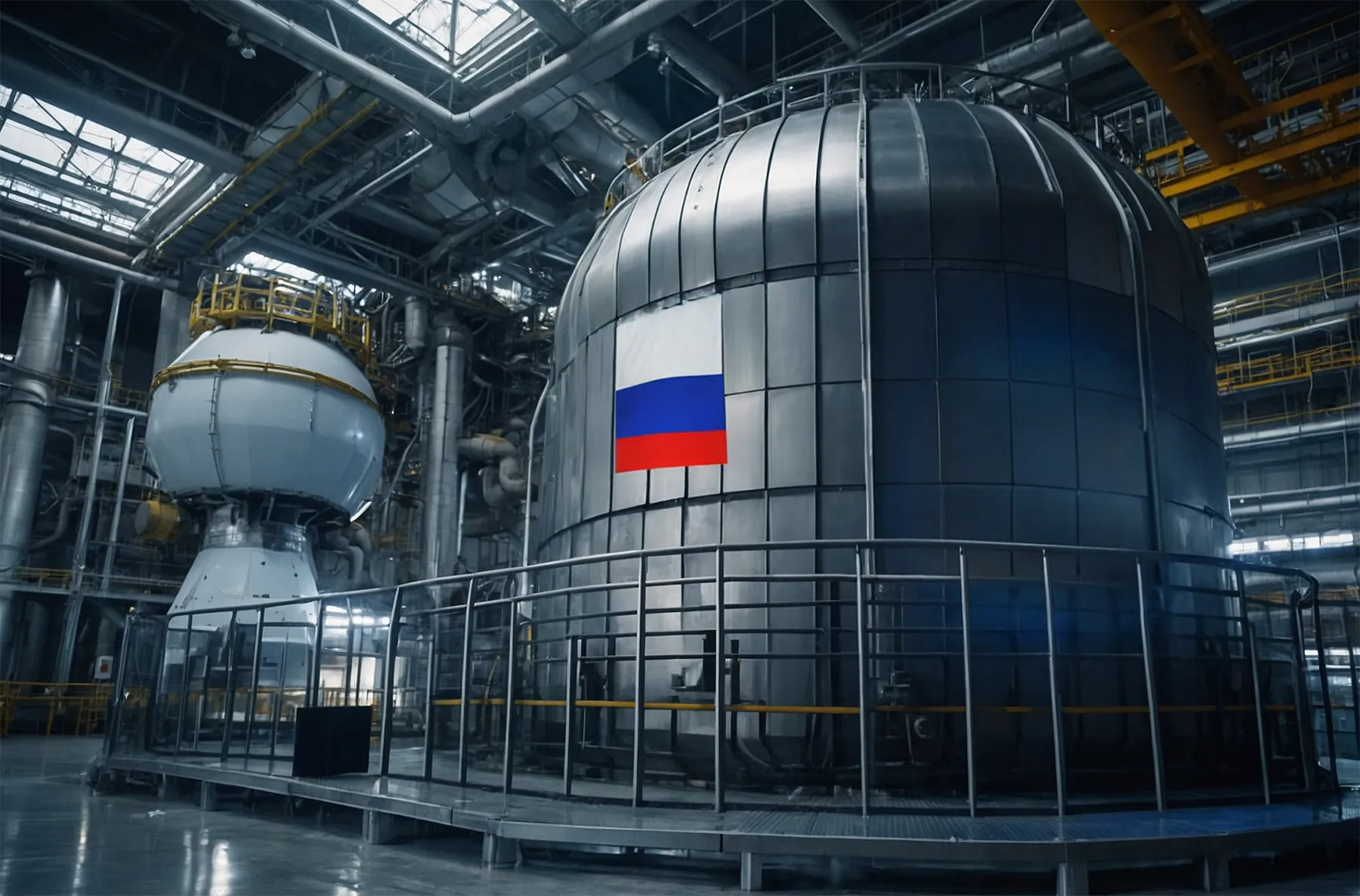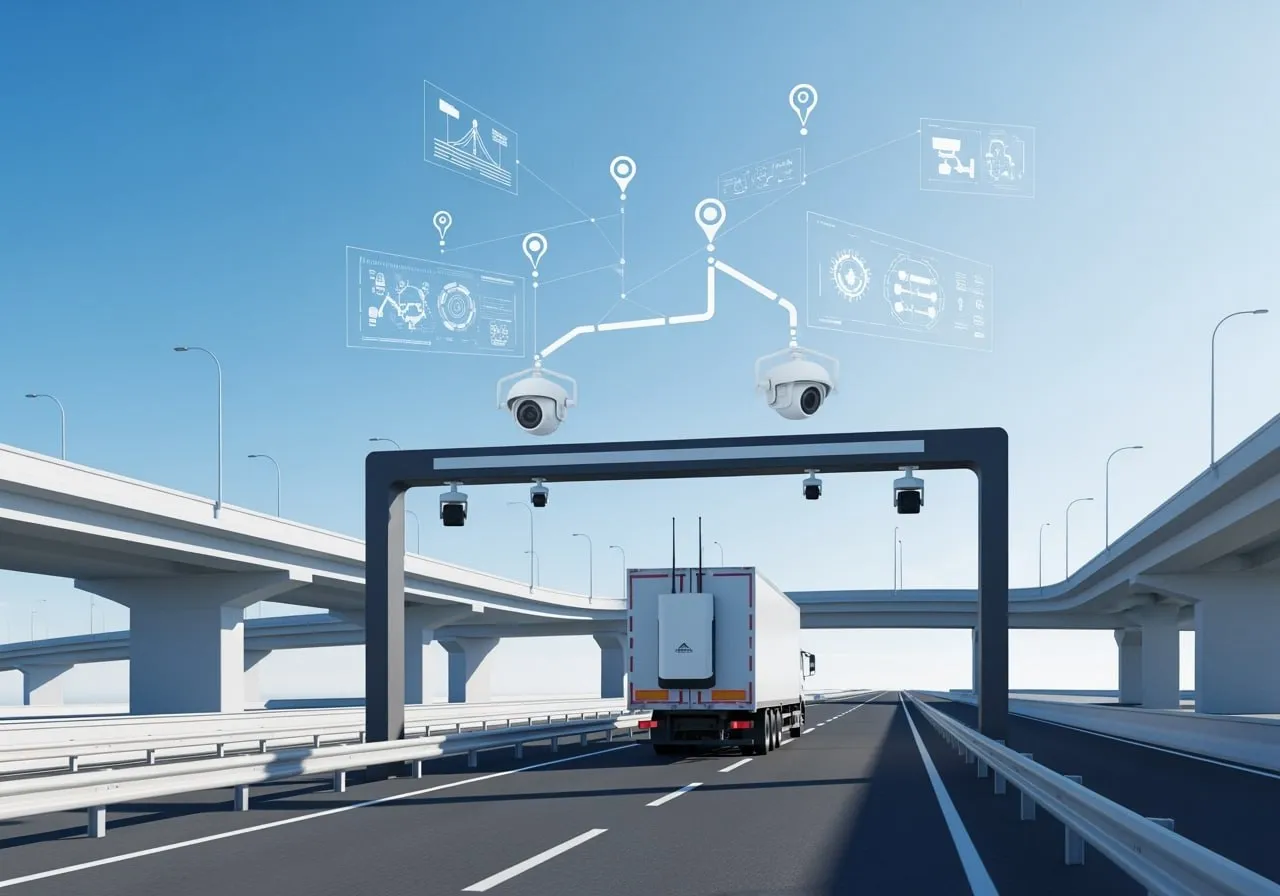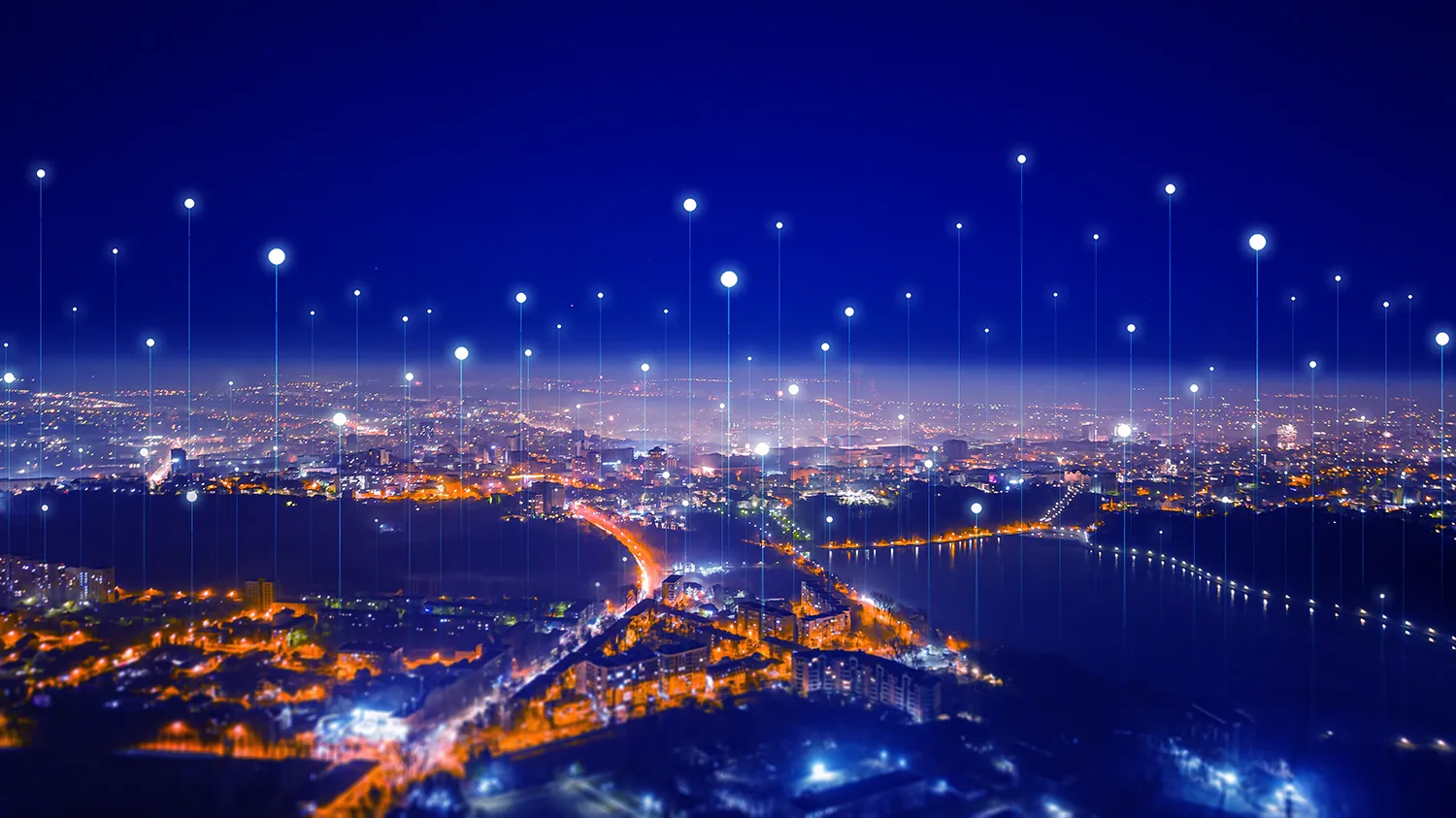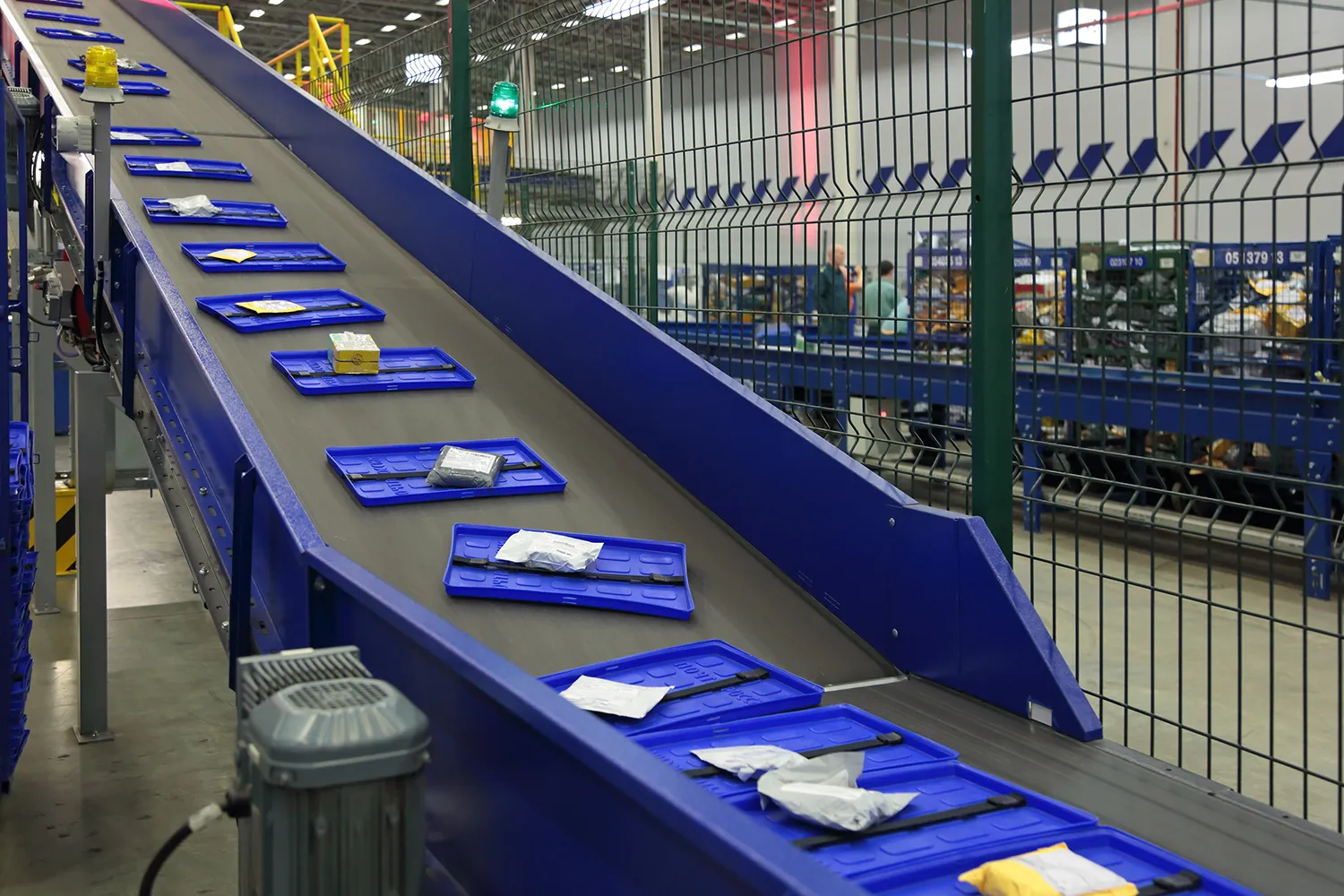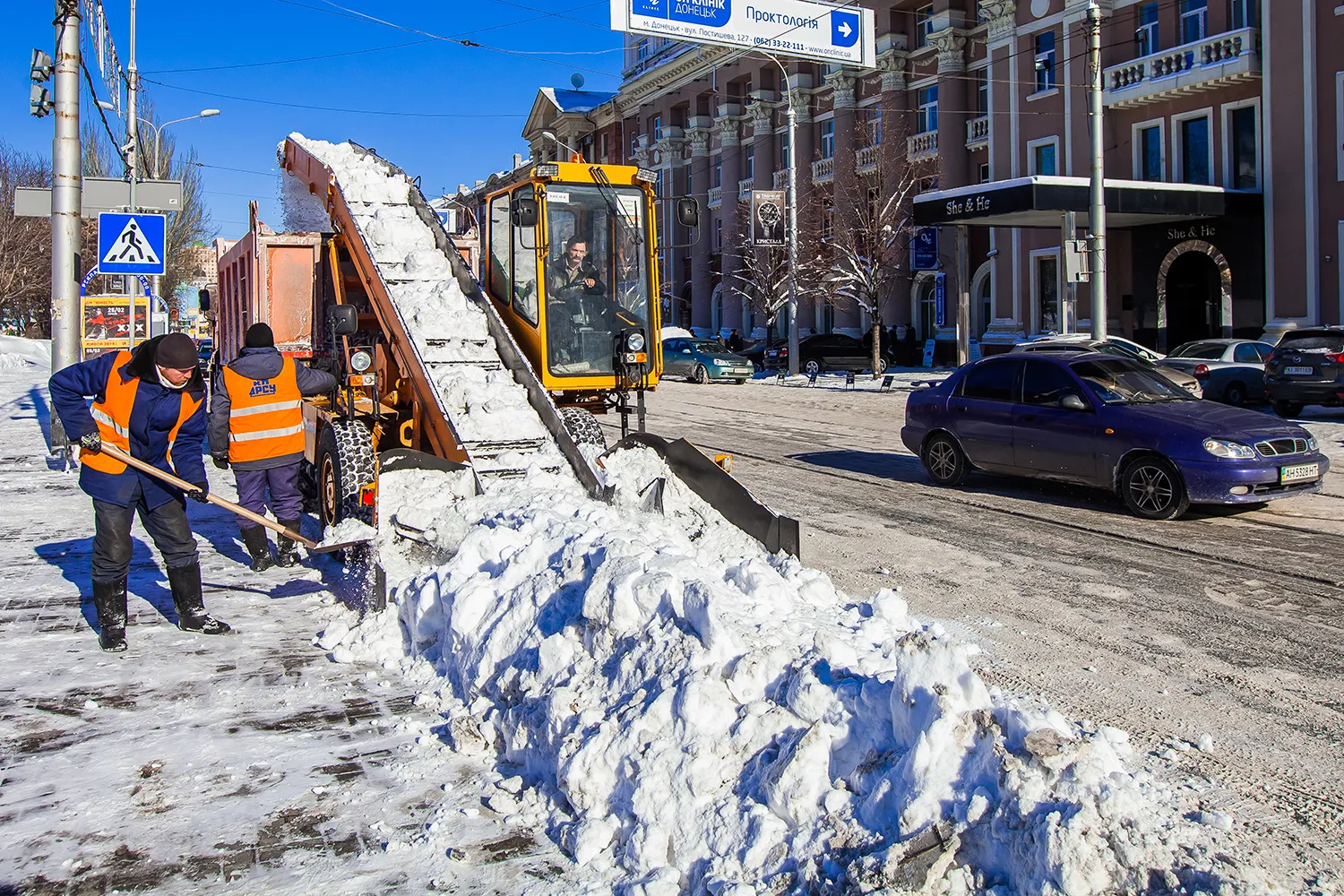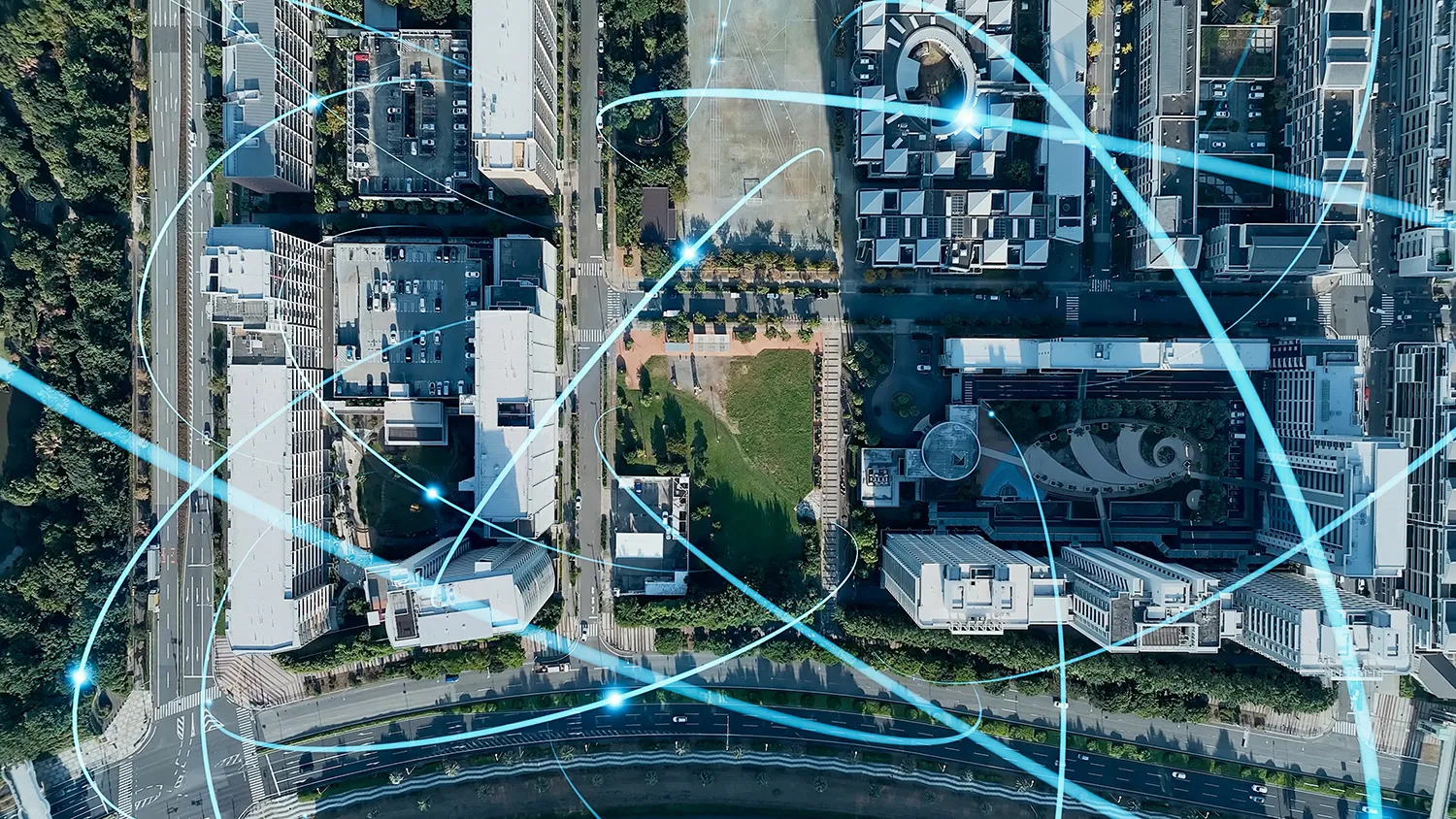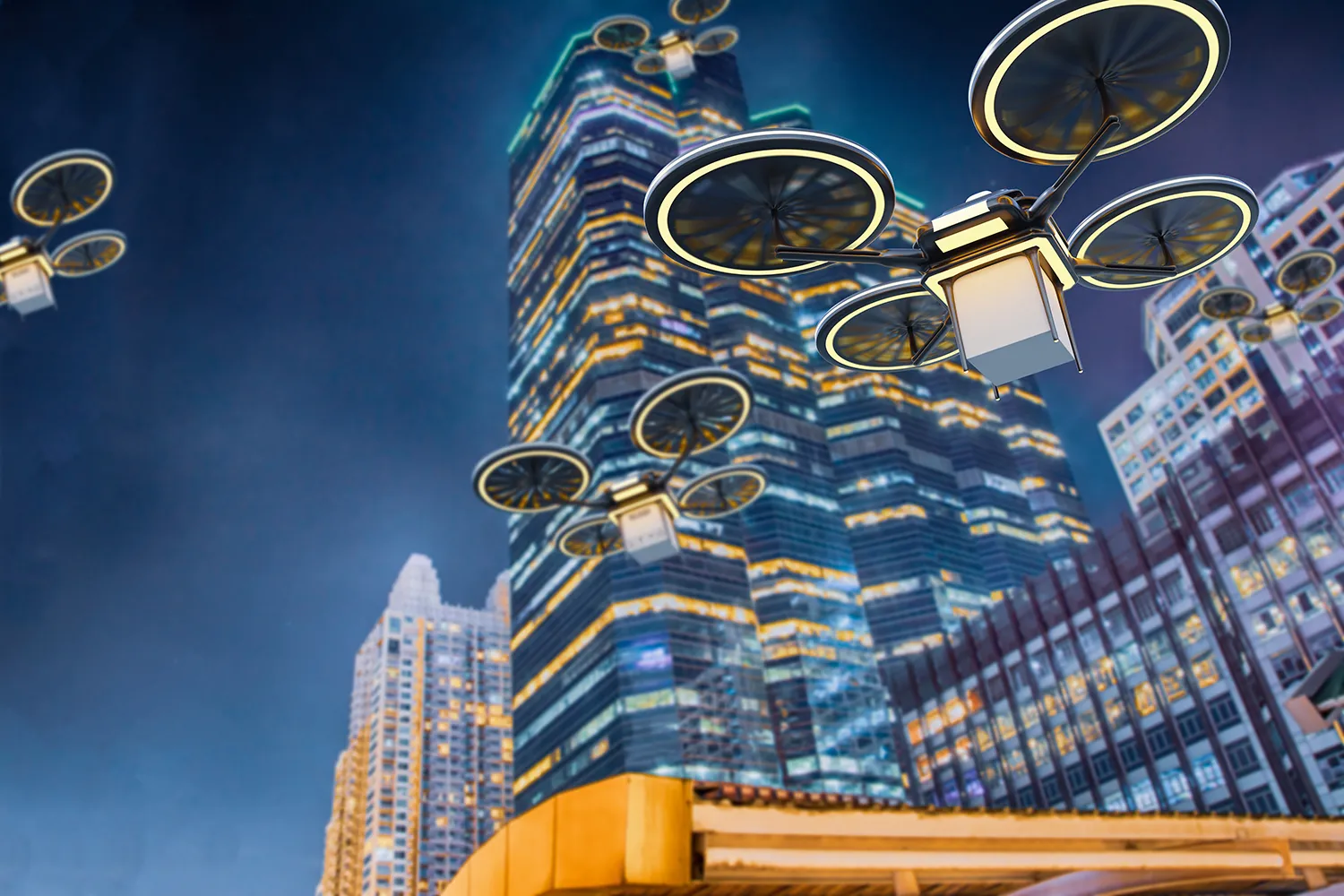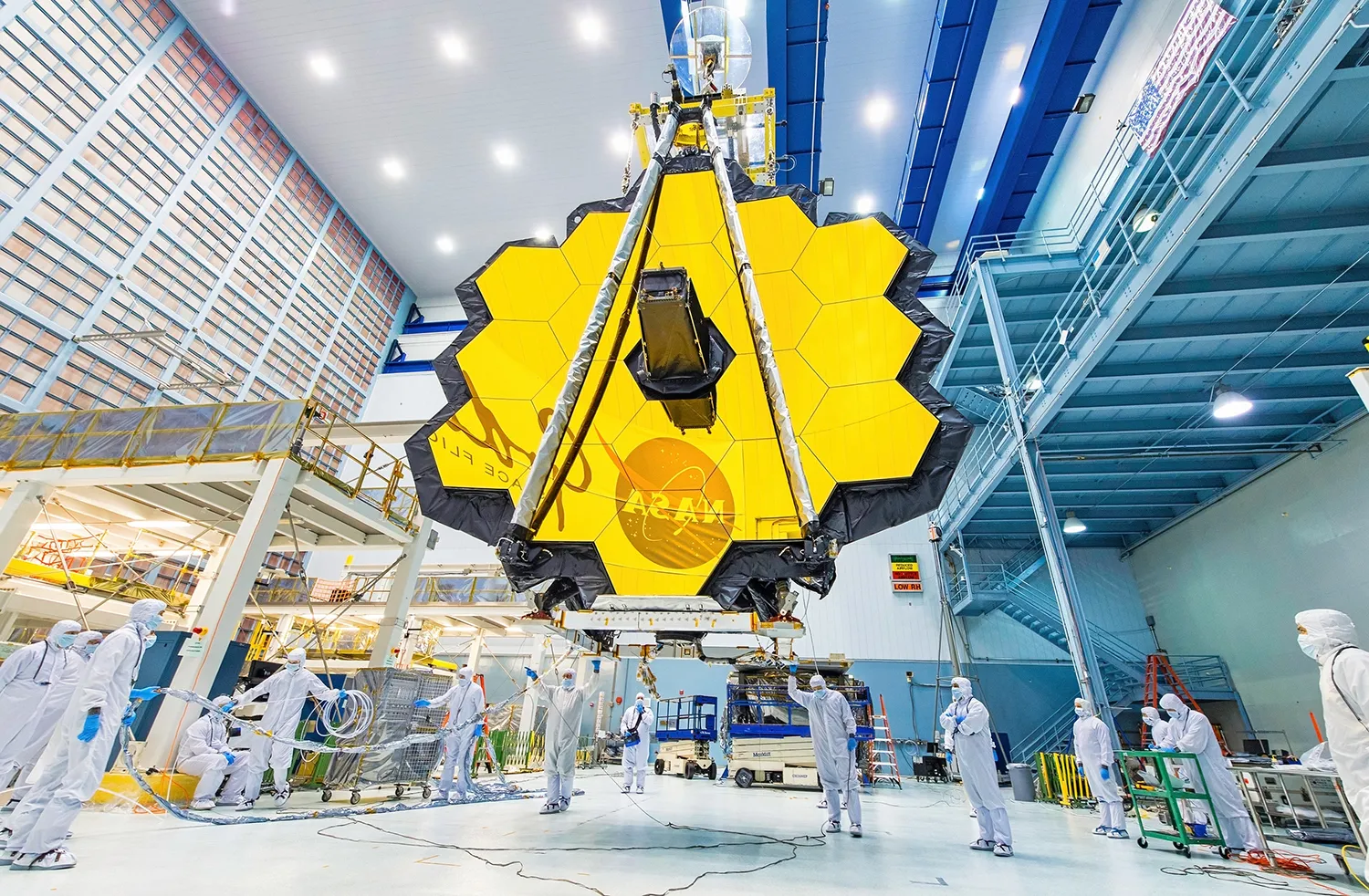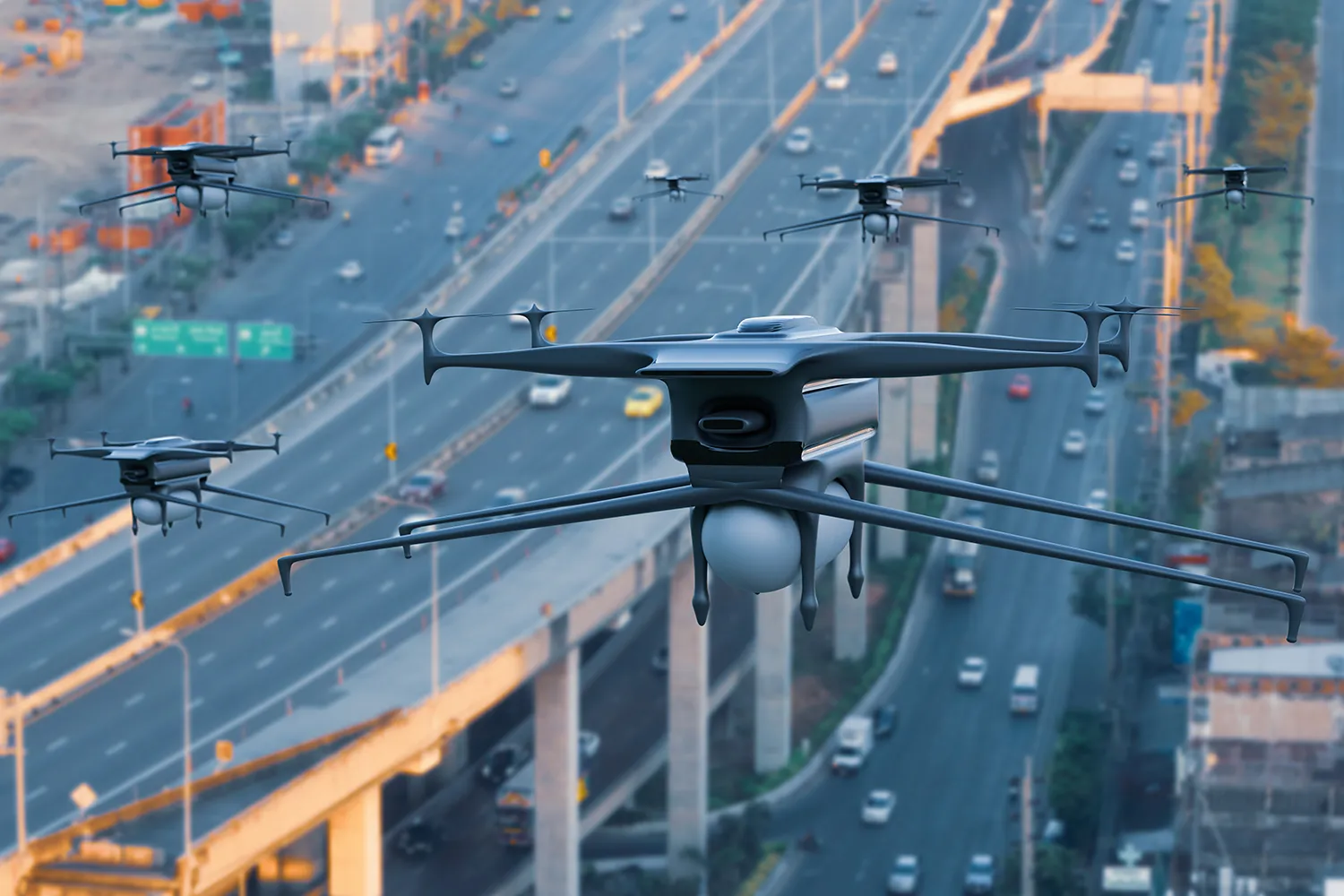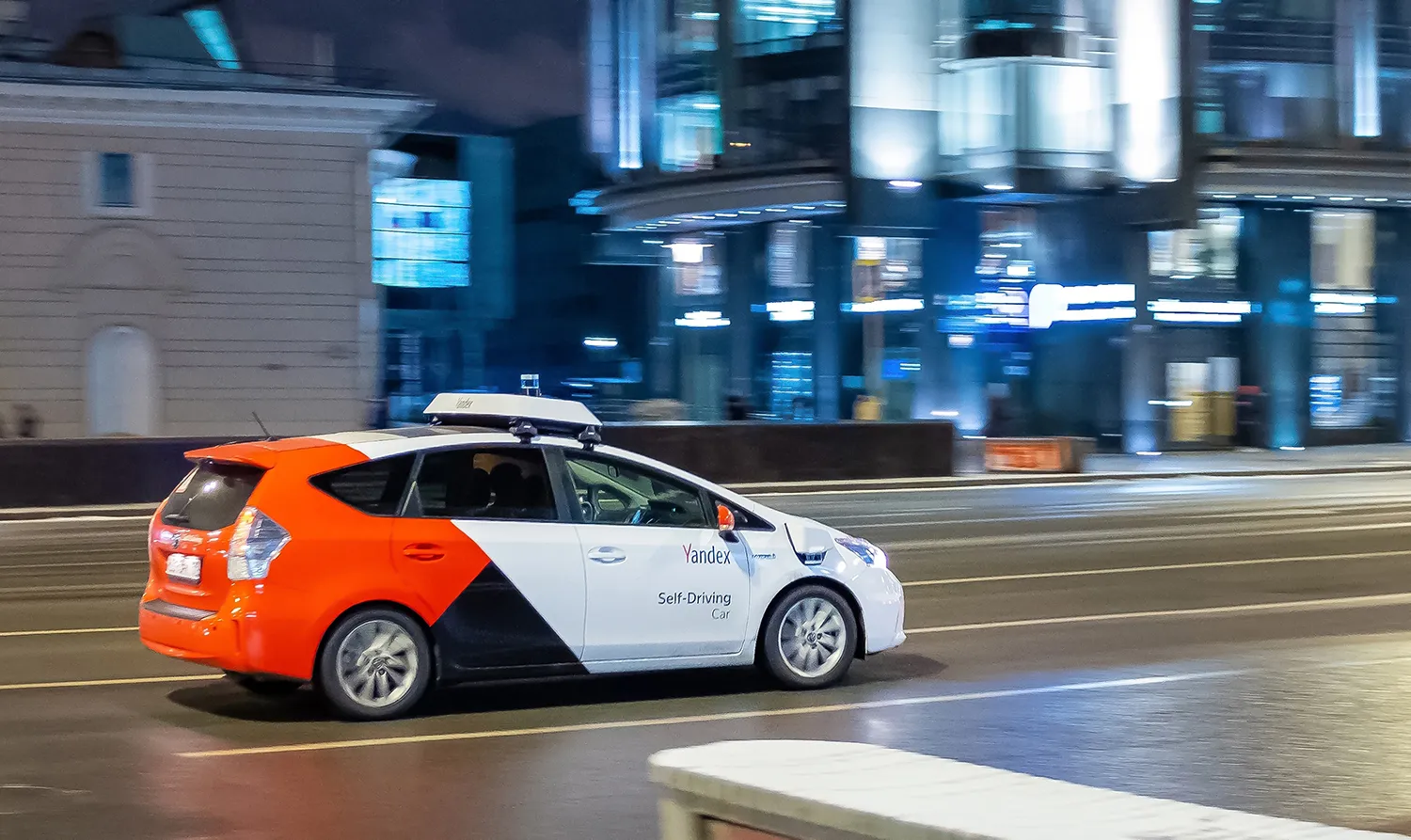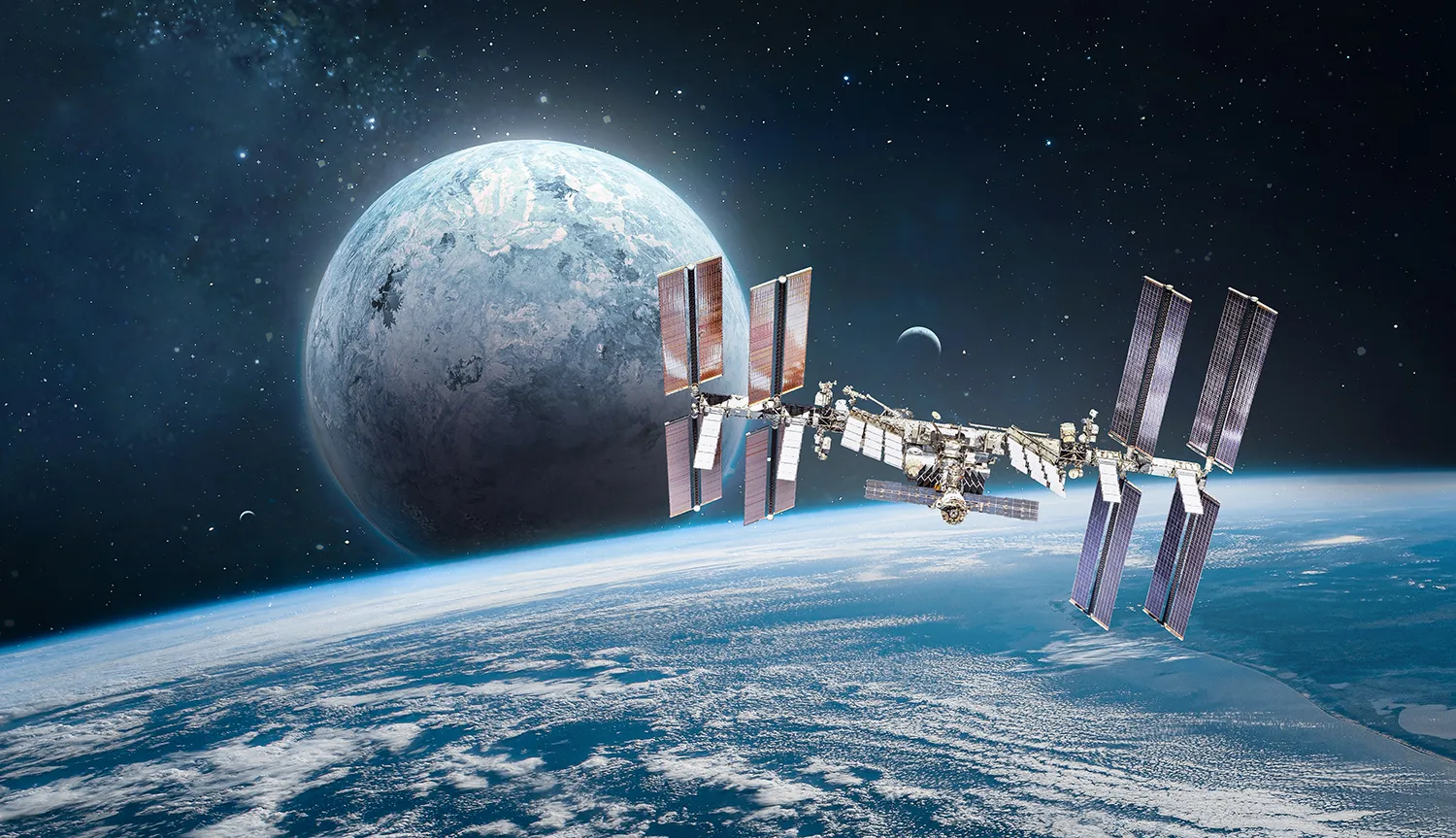175,000 Trees Saved: How Moscow’s Digital Transformation Supports Sustainability

By shifting government services online, Moscow has avoided processing 1.5 billion paper documents over the past 14 years — saving the equivalent of 45 hectares of forest.
The Digital Document Revolution
Moscow’s shift to digital governance began in 2011 with the creation of the Base Register, a citywide data-sharing platform that eliminated the need for most paper-based interactions between residents and government agencies. Instead of collecting stacks of paperwork, residents can now submit digital applications while departments exchange information behind the scenes.
More than 500 public services have since gone online, with nearly 16 million residents using them. From enrolling kids in after-school programs to registering property or requesting social benefits, citizens can complete critical tasks without ever leaving home.

Where Ecology Meets Technology
Each month, users visit the city’s digital platform mos.ru over 50 million times. The most frequently accessed features include electronic medical records, student report cards, and utilities tracking tools. But perhaps the most overlooked benefit of this digital infrastructure is its environmental impact.
The city estimates that avoiding the production of 1.5 billion paper sheets has saved 175,000 trees — roughly equivalent to 45 hectares of forest. This achievement not only preserves Moscow’s green zones but also reflects a broader push to embed sustainability into urban digital services.
A Model for Russia — and Beyond
Moscow stands out as a national leader in urban digital transformation and ranks among global frontrunners in smart city services. The city’s Base Register and Interdepartmental Electronic Interaction System could be adapted for other cities in Russia and across the CIS region.
Digitalization doesn’t just improve efficiency — it offers a measurable reduction in carbon footprint. By eliminating routine paper processes, cities can cut down on emissions associated with production, transportation, and disposal of physical documents.
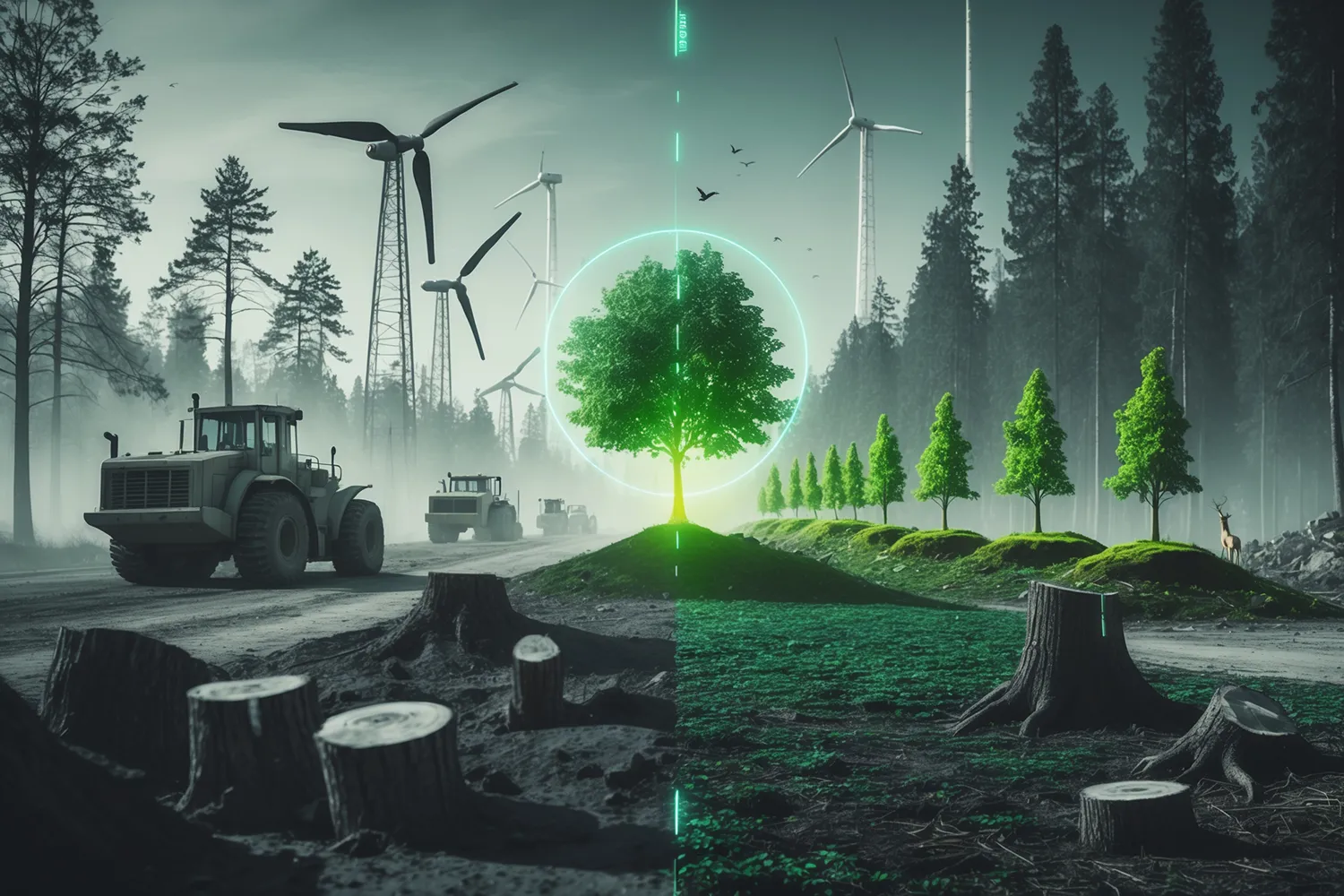
From Bureaucracy to Smart City
Moscow’s digital journey took shape over the past five years:
• 2019 — Launch of key platforms in transport and public utilities.
• 2020 — Services moved online en masse due to the pandemic.
• 2021 — Moscow became one of the first ten capitals globally certified as a smart city (ISO standard).
• 2023 — Integration of complex databases and service layers.
• 2025 — Recognition of tangible ecological benefits from digital tools.
The city’s experience shows that digital tools are not just about convenience. They’re part of a long-term strategy to improve quality of life and environmental sustainability. If adopted elsewhere, this model could help other cities protect their forests — and their futures.







